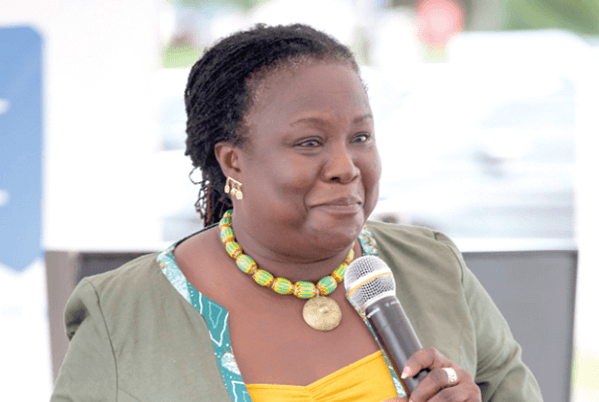Former Dean for the School of Information and Communication Studies at the University of Ghana, Prof. Audrey Gadzekpo has indicated that politics in Ghana has been increasingly violent and unattractive to women.
Speaking Lily Mohammed on Starr Today, Prof Gadzekpo commenting on International Women’s Day, she noted that Ghana still has a lot more to do for women empowerment and called on political leaders to prioritize passage of the Affirmative Action Bill in Parliament.
“The political culture is inhospitable to women. The fact that increasingly our politics is becoming violent. The political rhetoric is getting increasingly hostile and very uncivil means women will not be attracted to take careers in politics. So a lot has to change.
“If you look at the political terrain for example it is worrying that we have few women in the legislature. We have 5 to 6 percent of women-only and that is not good. We don’t seem to be making progress there at all,” she stated.
Prof. Gadzekpo added that the passage of the Affirmative Bill is crucial though it comes with some opposition and if not acted on, the nation would see males dominating in key positions.
“You see there is no one solution to an old age problem of discrimination, of inequality and lack of empowerment. The Affirmative Action Bill is one of the many measures that would take to do that. There ought to be a voluntary sort of convention in how for example political parties mentor women, encourage women to run (for positions). There was an attempt, it couldn’t work, but it’s crucial,” she warned.
She reiterated the need for political heads and stakeholders to do more in women’s empowerment for the nation.
“For instance, if you look at the education you will see that biases against women not being able to go to school. Because they think you will be wasting money and time since women will be getting married and what is the point educating them.
“Even when they get to school they are pushed to courses such as home science, certain soft subjects, and even in the media you see women asked to report on a particular thing rather than hard news,” she explained.
Source: Ghana/Starrfm.com.gh/103.5FM/Isaac Dzidzoamenu




